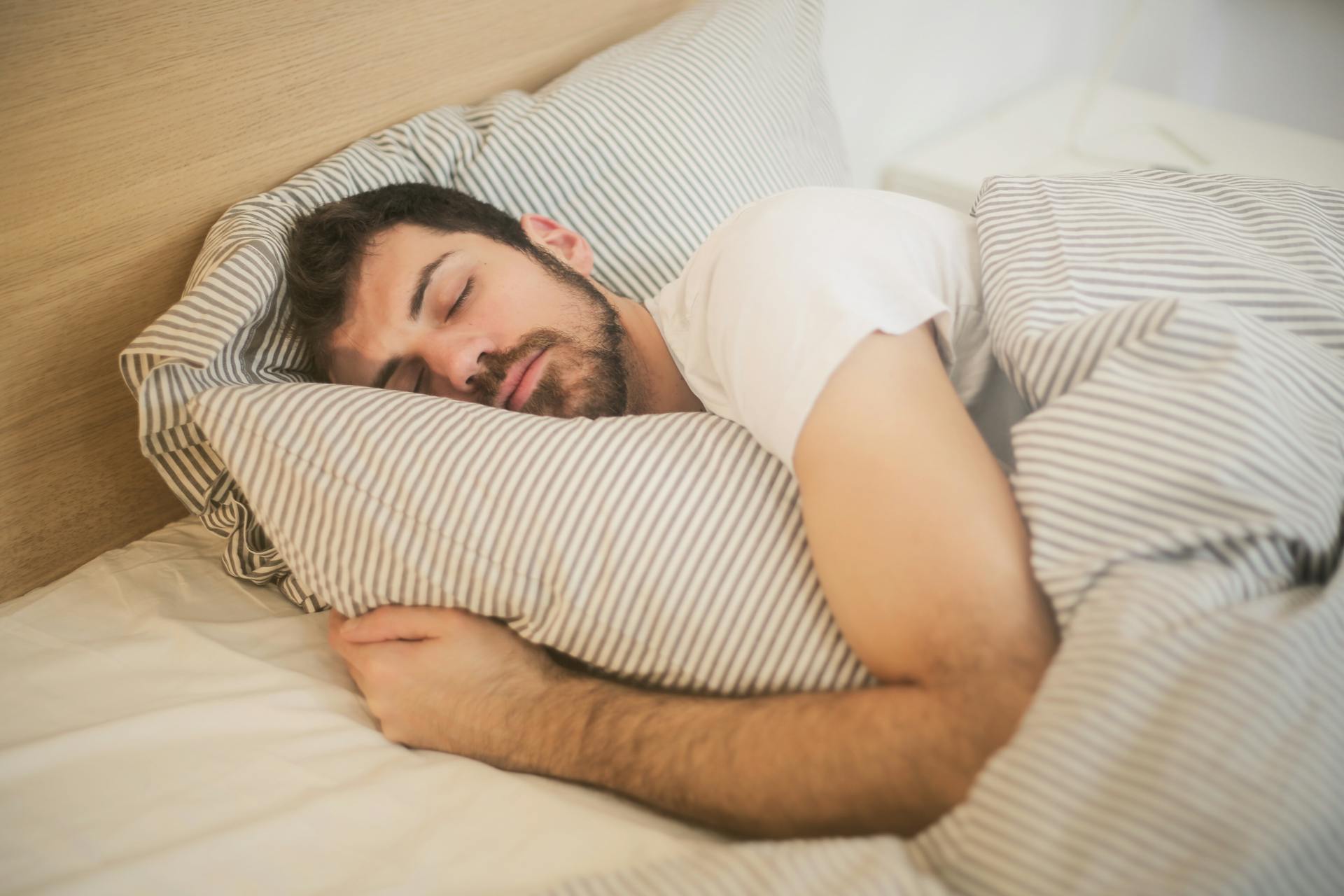
Natural ingredients that help you sleep
Do you sleep through the night but feel like you haven't rested? According to a study by the Spanish Society of Neurology (SEN), more than 12 million Spaniards do not get adequate rest, and 32% of the Spanish population wakes up feeling like they haven't had a restful sleep, with this situation being more common among adults with night or rotating shift jobs.1
Sleeping through the night does not guarantee restful sleep, as we may not have rested properly for various reasons. That is why sometimes, even if we have slept for 8 hours, we wake up exhausted and with a feeling of not having rested enough.
There are natural ingredients that have been traditionally used for promoting restful sleep and relaxation. Understand the importance of sleep in your body and the positive actions that these ingredients like melissa, passionflower, and valerian have when it comes to sleep.
Importance of Sleep for Health and Well-being
Adequate rest is the foundation of our body for the proper functioning of many of our vital functions and, therefore, for maintaining our well-being. According to the National Sleep Foundation, adults are recommended to sleep between 7 and 9 hours a day.
If we reduce these hours of sleep or do not rest properly during them, the secretion of melatonin (the hormone produced by our brain that is involved in the natural sleep cycle) is altered, leading to a disruption in our sleep-wake cycle that can affect our day-to-day life.
What Happens If We Don't Get Enough Sleep?
The daily demands create tension in the body that we sometimes refer to as "stress". Among the many activities in our routine that can be affected by this state, we highlight sleeping hours. A decrease in the time spent resting can lead to cognitive impairments, lack of attention, as well as lower performance and productivity in our day-to-day life.
If the lack of sleep persists for several days or weeks, the basic functions of the body can be affected, leading to more significant health conditions associated with insufficient sleep.
Sleep Quality: Sleeping vs. Resting
In addition to the number of hours of sleep, its quality is also a key factor for overall well-being, both physically and mentally. Several studies have linked adequate sleep patterns with better body functioning and longer life expectancy.
When we talk about sleep quality, we take into account both its duration and continuity and depth. Therefore, it encompasses the ability to fall asleep quickly and stay asleep all night. Any disruption in any of these factors can cause us to wake up still tired and, in the long run, affect the functioning of the body both physically and psychologically.
When it comes to achieving restful sleep, a busy or active day can make it more difficult to fall asleep and stay asleep during the night.
Natural Ingredients That Help Improve Sleep Quality
There are herbal extracts and other ingredients that have been used since ancient times for their positive effects on nighttime rest and relaxation. Let's take a look at some of them:
Melissa
According to the EFSA, melissa helps achieve optimal relaxation, maintain healthy sleep, and achieve restful sleep. Additionally, the EMA also recognizes its traditional use in relaxation and promoting sleep.
California Poppy
California poppy has traditionally been used during states that generate stressful effects on the body and make sleep difficult, usually in combination with other ingredients like passionflower and valerian to facilitate sleep onset and relaxation.
Valerian
The use of valerian dates back to the Greek and Roman cultures, who used it in cases of excitability. Its root extract has commonly been used for its positive effects in promoting a state of relaxation that aids sleep onset.
Passionflower
Like valerian and California poppy, passionflower also has a long history in traditional herbal medicine for its positive effect in promoting nighttime rest.
Melatonin
As mentioned before, melatonin is a hormone produced by our brain that plays a role in the sleep-wake cycle, and its levels control when we fall asleep and wake up. Therefore, any disruption in its levels directly affects our sleep. According to the EFSA, melatonin helps reduce the time needed to fall asleep and alleviate the subjective feeling of jet lag.
Tips for Improving Sleep Quality
In addition to monitoring our diet and adopting habits in our daily lives that promote nighttime rest. Creating a bedtime routine will also help us rest properly with small gestures such as:
- Avoiding the use of screens and exposure to loud noises at least one hour before going to bed.
- Taking a hot shower.
- Creating a comfortable environment in the room: low light, relaxing aromatherapy, appropriate temperature, etc.
- Practicing meditation or relaxation techniques, including yoga.
- Avoiding intense physical exercise a few hours before bedtime.
- How much sleep do you really need? National Sleep Foundation. [Internet]. Washington, DC. [Updated October 01, 2020, Accessed June 07, 2024]. Available at https://www.thensf.org/how-many-hours-of-sleep-do-you-really-need/
- Villar del Fresno AM, et al. Valeriana officinalis. Fitoquímica, farmacología y terapéutica. Farmacia profesional. 2001. 15(9), 98-107.
- López MT. Insomnia. Medicinal plants with sedative effects. Offarm: farmacia y sociedad. 2001. 20(3), 144-150.









